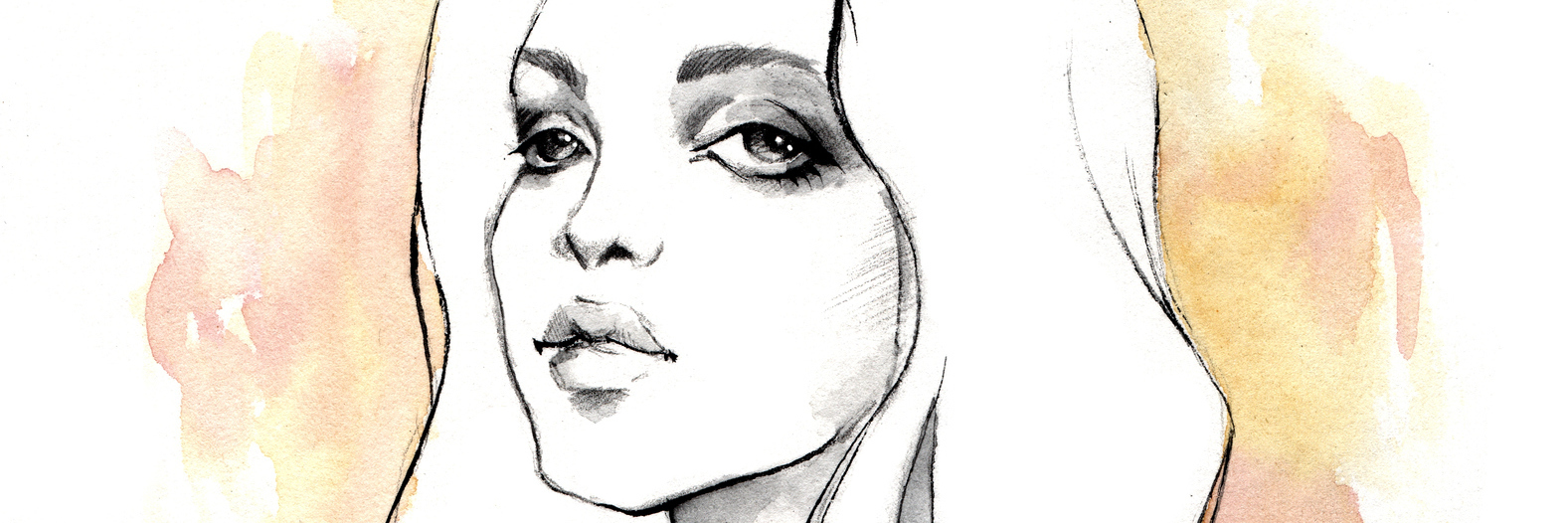More and more I seem to see things written about “high-functioning” illness. Anxiety, depression, lots of things. In the interest of full disclosure, let me say I meet the very definition of “high functioning,” despite multiple mental and physical illnesses. Unless I explicitly say so, no one has any idea there is anything at all wrong with me. I’m bubbly, funny, accomplished and compassionate. I’m all those things you see “perfectly normal people” being. However, I fight an internal war with multiple chronic conditions every day.
So why would I of all people have a problem with the term “high-functioning?” Simple – because I don’t choose to be “high-functioning” any more than I choose to be completely unable to function. I can’t speak for anyone else, but personally I find the term somewhat hurtful. As if I’m not doing a good enough job on the days when I have a hard time getting out of bed or going to the grocery store. As if being termed “high-functioning” means I have my life together better than other people (I don’t, even if it looks that way). As if I don’t deserve the same compassion on a “high-functioning” day as I do any other day. I don’t want pity – I want equity. “High-functioning” illness is still illness.
We spend a lot of time trying to talk about how we can be inclusive, understanding, and not discriminate based on ability or disability. Then we turn around and talk about “high-functioning,” as if the opposite of it is “low-functioning.” I’m guilty of buying into these kinds of mentalities – because I’ve written about what I call “happy depression,” and the difficulties I’ve dealt with being someone with major depressive disorder who is seemingly always “happy.” I could write a few articles about being someone with “high-functioning” anxiety or depression or ADHD. But it doesn’t feel right to me. That term bothers me, and I have a difficult time explaining why. Maybe it’s because it makes me feel even more singled out and different. Maybe it’s because it makes me feel like my condition is being trivialized. Or maybe (probably) it’s because I never feel like I”m functioning very well compared to the rest of the world.
Having a “high-functioning” illness doesn’t make someone’s problems more or less valid. It doesn’t make them more or less serious. It doesn’t mean they are doing a better or worse job of managing their illness. It isn’t a badge of honor – it’s a descriptor. But it is not a description of someone’s willpower or desire for wellness. It’s not a description of success or failure. It’s not a description of life quality. It’s simply another word for invisible.
“High-functioning” is a description of appearance – not substance.
We want to hear your story. Become a Mighty contributor here.
Thinkstock photo via OGri.

